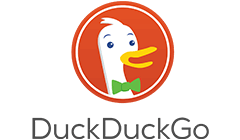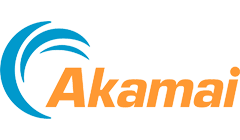
Provide current and historical ownership information on domains / IPs. Identify all connections between domains, registrants, registrars, and DNS servers.
Look into all current and historical DNS / IP connections between domains and A, MX, NS, and other records. Monitor suspicious changes to DNS records.
Get detailed context on an IP address, including its user’s geolocation, time zone, connected domains, connection type, IP range, ASN, and other network ownership details.
Access our web-based solution to dig into and monitor all domain events of interest.
Domain/WHOIS
DNS/IP
Intelligence
Domain/WHOIS
DNS/IP
Intelligence
Domain/WHOIS
DNS/IP
Intelligence
Get access to a web-based enterprise-grade solution to search and monitor domain registrations and ownership details for branded terms, fuzzy matches, registrants of interest, and more.
Predictive threat intelligence is your best first line of defense. Subscribe to the feeds to strengthen your cybersecurity posture. Contact us today for more information.
Unlock integrated intelligence on Internet properties and their ownership, infrastructure, and other attributes.
Our complete set of domain, IP, and DNS intelligence available via API calls as an annual subscription with predictable pricing.
Offers complete access to WHOIS, IP, DNS, and subdomain data for product enrichment, threat hunting and more.
Talk to our APIs using LLMs. Connect your preferred LLM to WhoisXML API and simply chat about WHOIS, DNS, threat intelligence, and more.
I’m your Domain Intelligence Assistant. I make it easy to explore WHOIS, DNS, and threat data from WhoisXML API — I’m cloud-based, fast, and always ready to help.
Discover what you really pay for when buying commercial Internet intelligence data.
Download now



















































